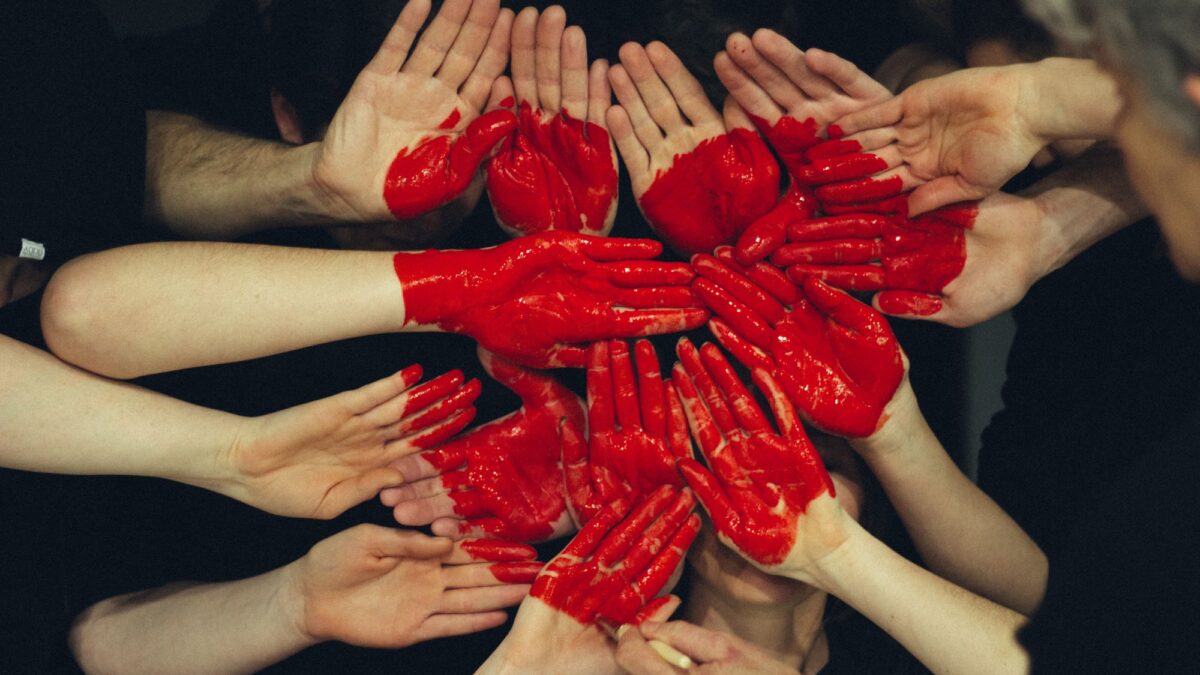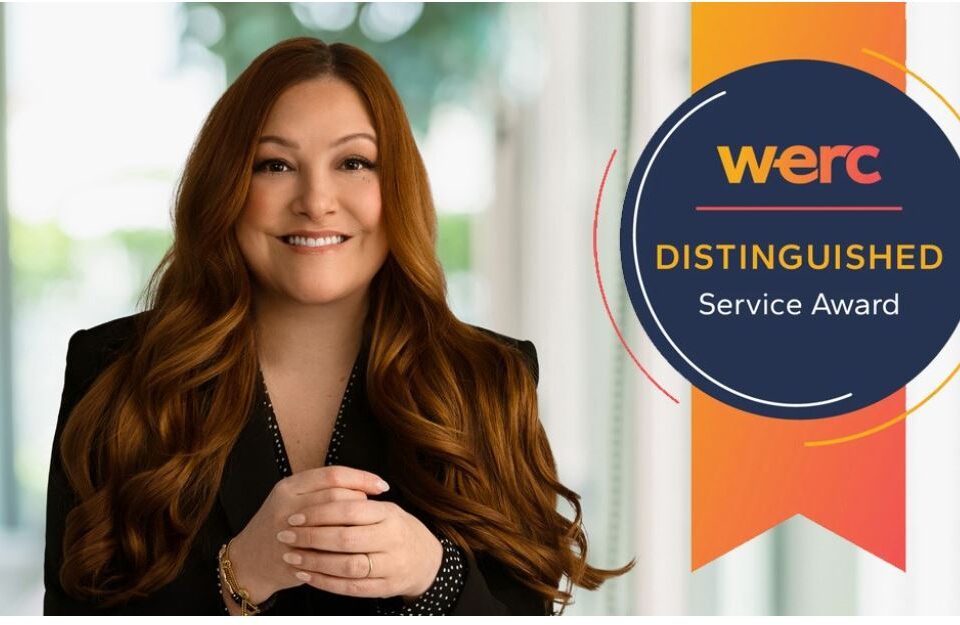
LONG-DISTANCE MOVERS: WHY THEY MOVED, AND HOW THEY FOUND NEW HOMES
August 17, 2023
Conference Season
September 19, 2023Empathy during natural disasters
August 16, 2023
By Corinne Mossman
At our very recent regional summer relo council meeting, one of the roundtable topics centered around how to support relocating employees when a natural disaster happens. The following day I closed on a home in north central Washington, not realizing how timely that conversation was going to be. As I was making my way into town, headed to the house I noticed a small plume of smoke and called it in because it seemed irresponsible to have a campfire during fire season with high winds. Little did I know, it was the beginning of a very uncertain, stressful couple of days. That plume of smoke was from an accidental fire someone started, and it spread very rapidly endangering the town and consuming tens of thousands of acres. I spent the next 48 hours alternating the sprinkler system to soak the yard and house watching the flames barrel down the hill behind us to within 1,000 feet of the house. Unable to sleep at night because the sky was bright orange, I was reading my homeowner’s policy wondering if I would be able to make a claim immediately or if there was a waiting period or any exclusions.
Within those 48 hours, I also met all of my new neighbors who were offering what they had to help each other through this disaster. Just as fast as the fire started, a community webpage started where people in the community were posting about extra rooms, they had available for those that had to evacuate. Extra space for pets. Tractors to help dig trenches to curb the spread of the fire. Soon after that all the restaurants in town had a stockpile of donated gift cards to feed the first responders including those who traveled hundreds of miles from their homes to help save ours. I grew up on the Gulf Coast of Florida, so I am no stranger to natural disasters. I have many memories of getting ready for hurricanes by packing sandbags, boarding up windows, helping elderly family members and neighbors get prepared. One of my earliest memories of a bad storm, was when my dad and all my uncles went to face the aftermath of Hurricane Andrew to help the community rebuild houses. Now as we watch the tragic events in Maui unfold, we also witness people coming together from near and far to lend a helping hand, driven by empathy.
Natural disasters have the uncanny ability to bring both devastation and unity in their wake. From hurricanes and earthquakes to floods and wildfires, these catastrophic events leave communities grappling with loss, destruction, and an overwhelming sense of vulnerability. However, amidst the chaos and turmoil, empathy emerges as a beacon of hope, showing us the remarkable capacity of human beings to connect, support, and heal during the most trying times. Empathy often becomes a lifeline during natural disasters. It transcends physical boundaries and cultural differences, binding strangers together through a common thread of understanding and compassion. Empathy goes beyond pity or sympathy, it involves stepping into someone else’s shoes, feeling their pain, and offering genuine support.
Families lose homes, belongings, and sadly sometimes even loved ones. In these moments, a simple hug, a compassionate conversation, or a kind word can mean the world. Empathy bridges the gap between the affected and those offering support, reminding survivors that they are not alone. When neighbors, strangers, and organizations come together to provide assistance and solace, a powerful sense of unity emerges. This unity, in turn, strengthens the community’s ability to recover, rebuild, and face future challenges with renewed determination. Empathy forms the foundation for building resilient communities. Natural disasters leave invisible scars that can persist long after the physical wounds have healed. The genuine care and understanding that empathy brings help survivors navigate the complex process of healing. By sharing their experiences and emotions, survivors find validation, reducing the isolation that can often accompany trauma. Natural disasters transcend geographical borders, reminding us of our shared humanity. Empathy knows no bounds, leading to international outpourings of support and aid. The collective response from around the world showcases the interconnectedness of our planet and the potential for humanity to come together in times of crisis.
Empathy is not just a response to crisis; it is a value that can be cultivated and nurtured over time. Pay attention to others’ stories and emotions. Validate their feelings by showing genuine interest and understanding. Step outside your comfort zone and engage with people from diverse backgrounds to broaden your perspective and understanding of different lived experiences. Natural disasters may leave destruction in their wake, but they also bring forth a remarkable opportunity for individuals and communities to come together, support one another, and forge bonds that can transcend even the most devastating circumstances. By fostering empathy, we not only aid in recovery but also contribute to the ongoing growth of a more compassionate and connected world. Empathy shines brightest during the darkest of times, serving as a testament to the resilience and compassion of the human spirit.





